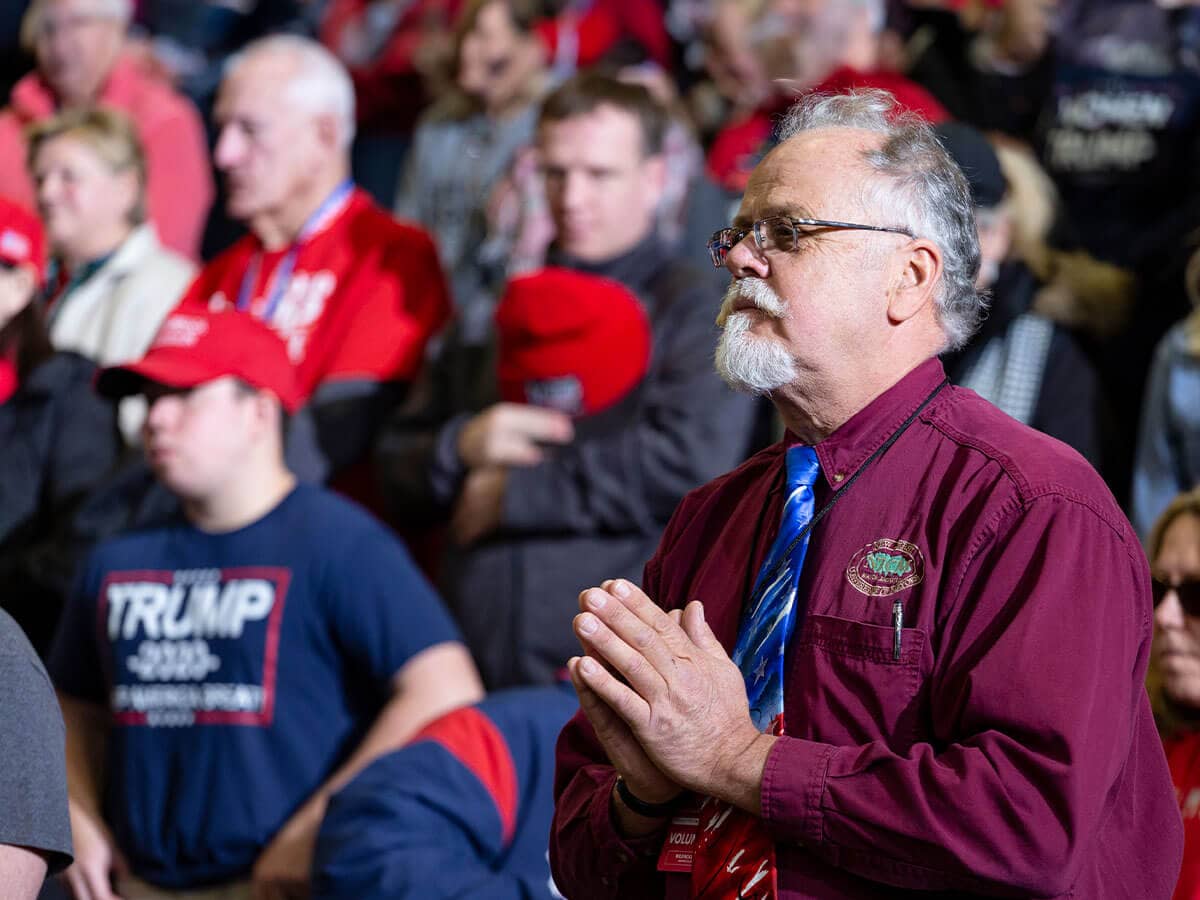I wander outside to find some kids to talk to, to buttress the agent's words. But they're all working too hard, there in the hot summer sun. Working class people don't get to decide when to take a break and it's time to file this diary before I can corral a few specimens. And, as soon as I finish, I have to fly to cover a Jesse Jackson speech. If I can manage to shout a question at him, I think it will be: "Why don't you go outside and take your message to the badge checkers? And while you're at it, why not take along someone the working class actually respects?
For four days, battles have been raging between protesters and the police outside the Staples Center. For years, battles have been raging between political activists and the police over brutality and harassment of minorities and the poor. Indeed, ending racial profiling is a cornerstone of the Democratic platform as we enter this election season. But inside the convention, some of the traditional targets of police brutality think the police are cool. It all depends on who you talk to.
A Secret Service agent spent his break time "protecting" the Beliefnet booth just as Christie Brinkley, member of the NY delegation, happened to be doing an interview next door. At a loss for my next audio diary, I asked the tall, friendly agent what he thought I ought to write about. He didn't miss a beat. "If you're serious," he said, "I have an idea for you."
He told me I was missing a small but important part of the REAL story happening right before the eyes of the media, the politicians, even the world. This agent told me I should know that the Convention Center had hired hundreds of locals to provide low-level security. They pay is quite low, of course, and will last only a week. Therefore, many of these are minority kids from poverty and crime-ridden areas of LA. In the blazing southern California heat, they sit at tables bent over a machine that scans credentials for forgeries. The agents oversee the operation. Continually, he said, these tough-looking kids from South Central approach the agents. "The closer they get," he chuckled, "the less tough they act." Shyly, they ask what's it's like to be a Secret Service Agent. Do they know the President? And most often, he said, they ask how they can become members of the Secret Service.

